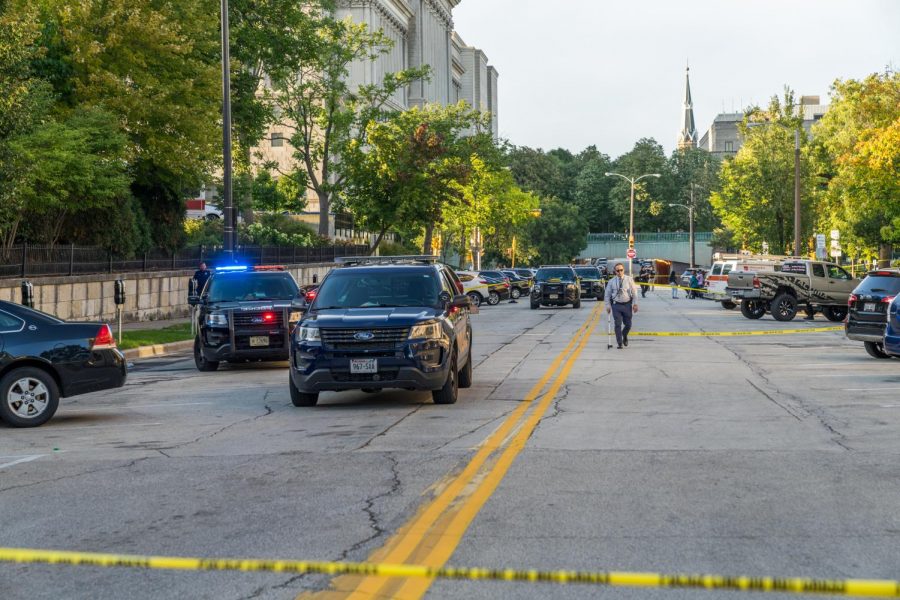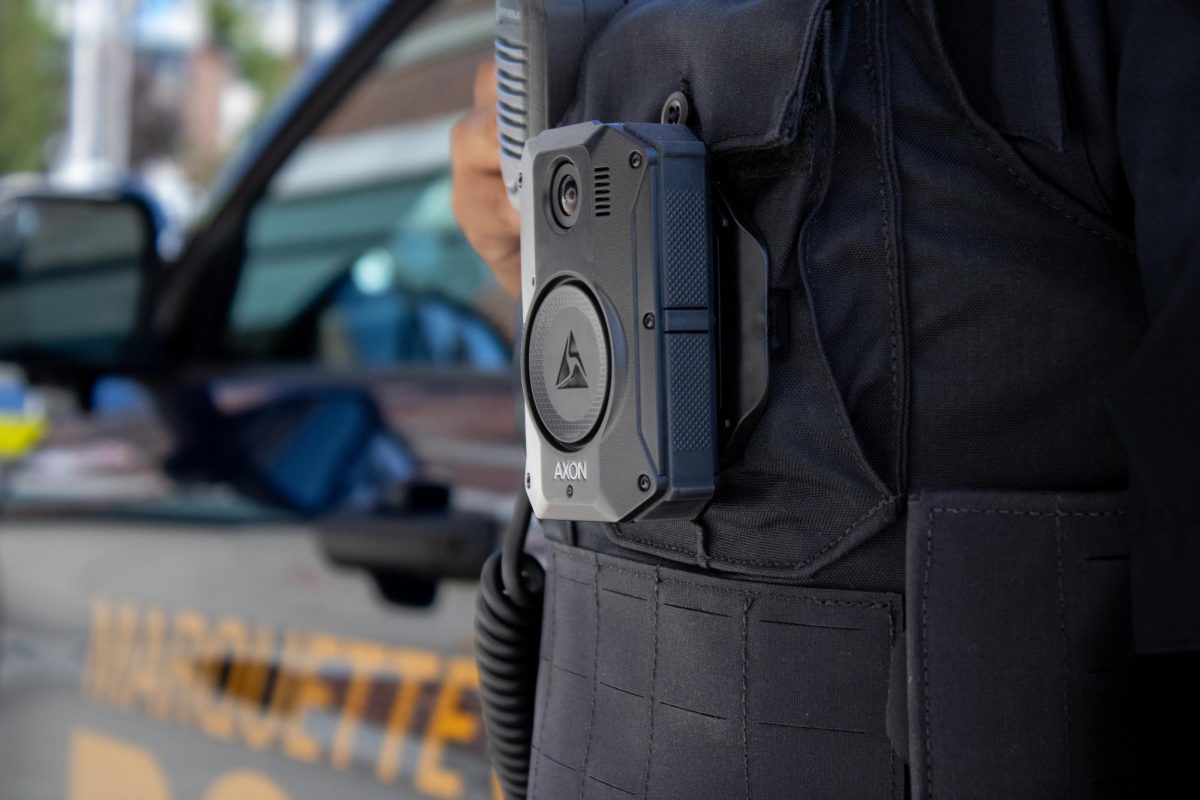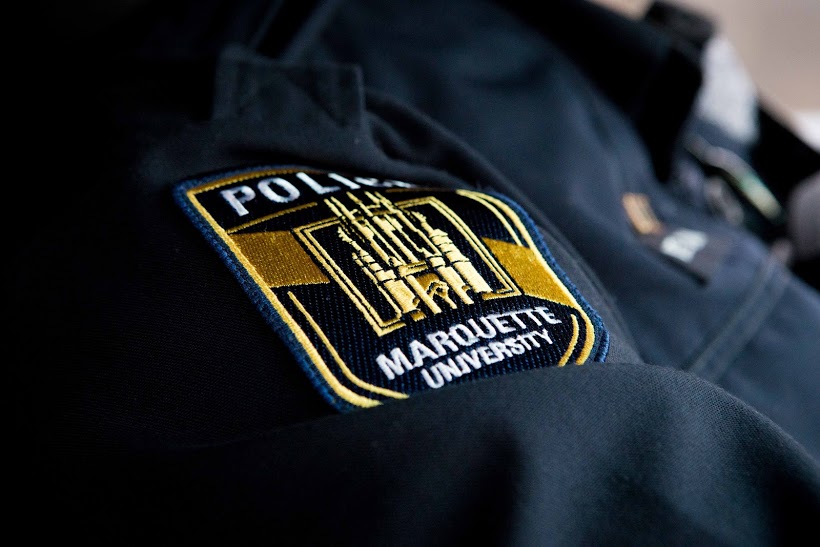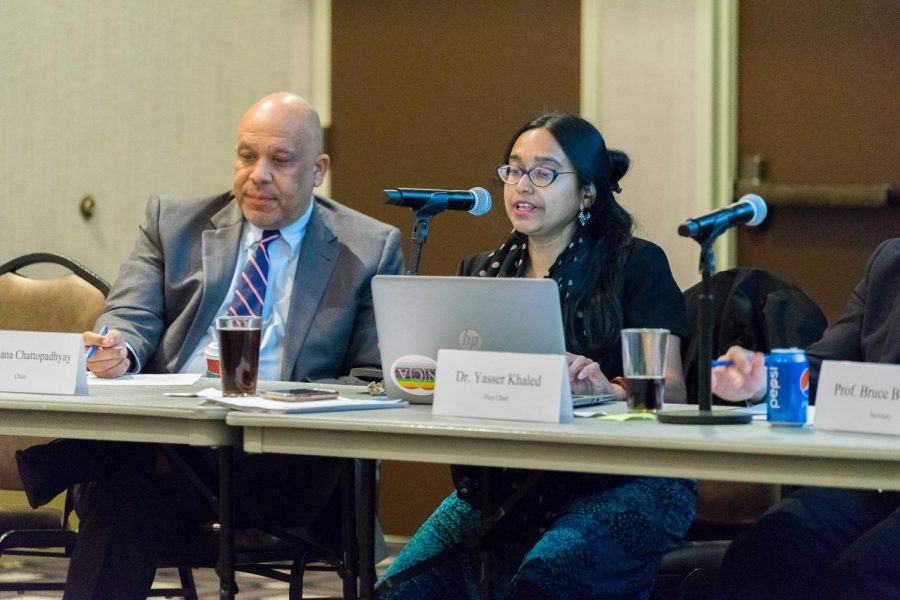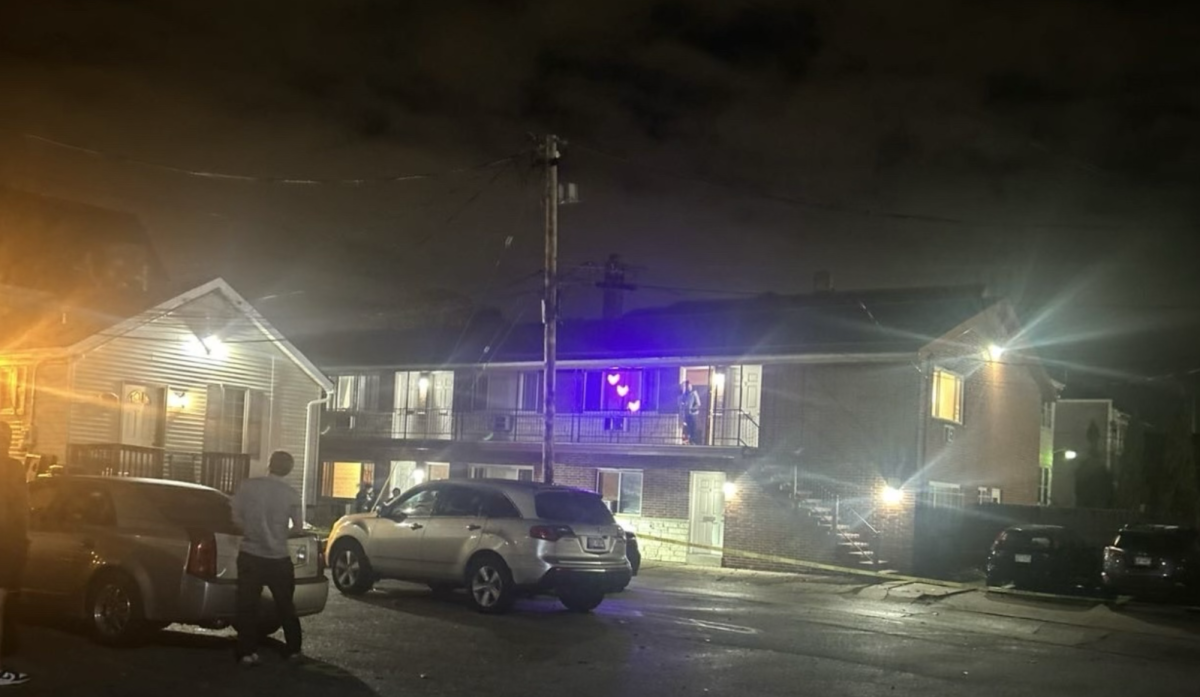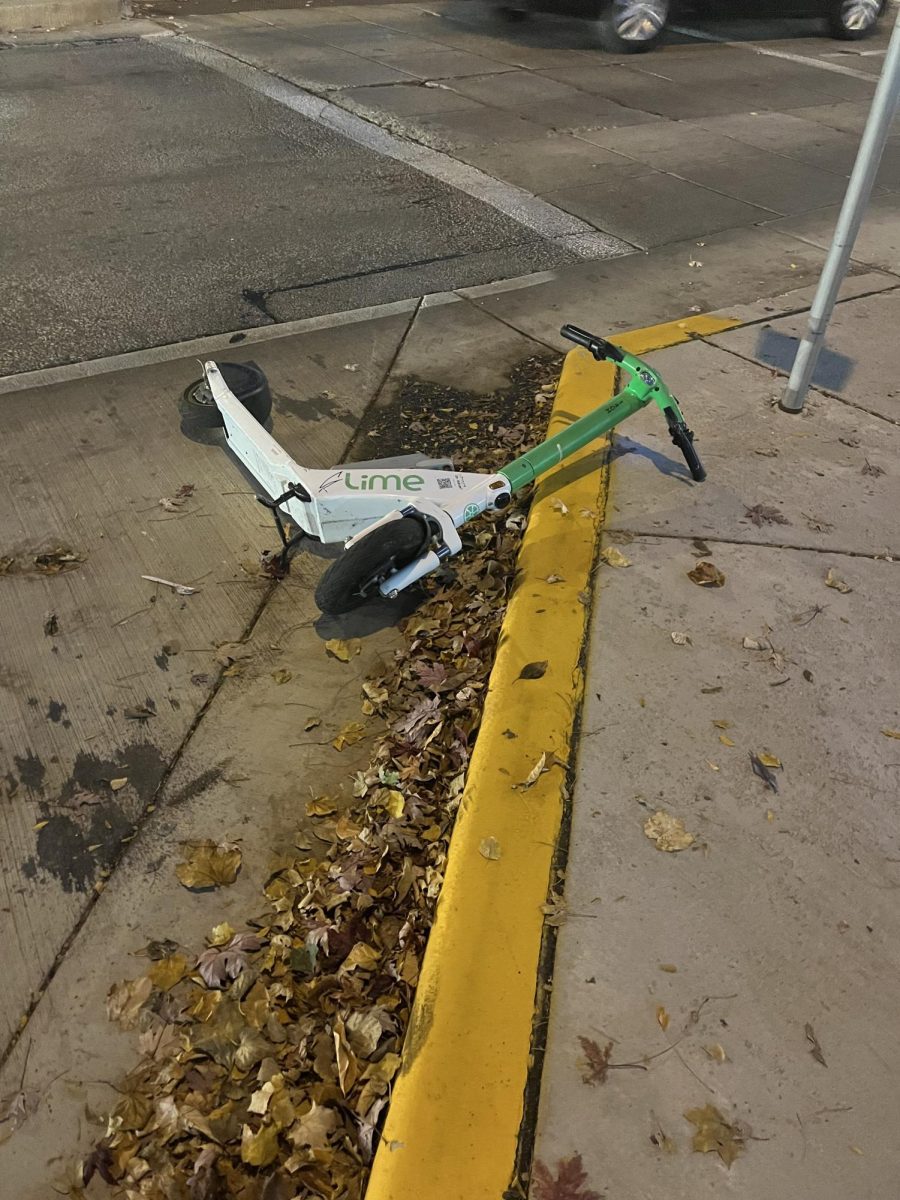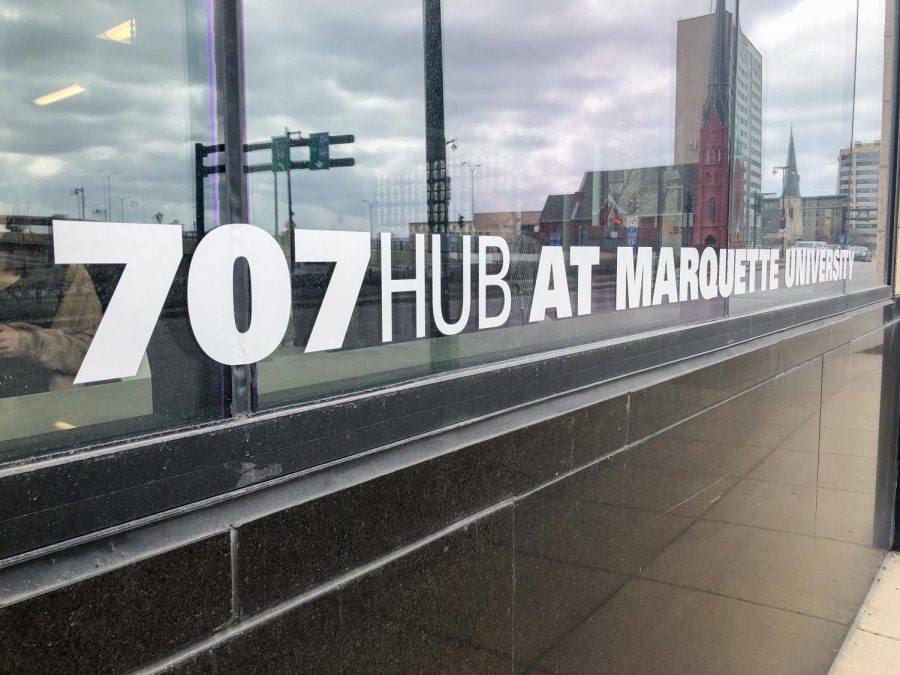Communication is vital for making informed decisions.
Marquette University Police Department must reconsider its current communication practices to better serve and protect the community.
Many Marquette students are turning to GroupMe, the new Wildfire App and their parents’ Facebook group pages to receive vital campus safety updates that MUPD fails to share with them.
With inconsistent updates about student safety, it is difficult for students to rely on MUPD for adequate information.
MUPD Assistant Chief Jeff Kranz said every situation is different. MUPD evaluates the potential for an “ongoing threat” to campus before sending out a safety alert, he said. The term refers to a situation that poses a danger to Marquette’s campus.
Because all situations are unique and can evolve differently, Kranz said it is difficult to apply the same protocol for each. He said MUPD verifies a situation’s legitimacy, nature, proximity to campus and involved persons before sending out a safety alert.
But trusting officials to solely communicate “ongoing threats” to campus can put Marquette community members in danger. Even if a crime has been resolved, students, staff and faculty should still know about it.
Those instances of crime are just as crucial for the Marquette community to be aware of so that it can better take precaution.
While officials should consider varying elements of cases, they should also develop a standardized protocol for which kinds of crimes and incidents to share in safety alerts. These alerts should extend past incidents that are ongoing threats.
Marquette students, staff and faculty should not rely on the subjective will of individual MUPD officials to express prudence.
Community members should feel empowered to make informed decisions while navigating campus. Although a flux in safety alerts might increase feelings of fear among students, staff and faculty, it will equip them with helpful information to maneuver campus safely.
Transparency is more important than false feelings of safety.
MUPD has demonstrated inconsistency in the distribution of crucial information, and as a result, the department needs to have a baseline standard for when to communicate safety alerts to the community.
There are crime incidents chronicled in the department’s online log system that are not openly conveyed to students via the alert system.
On Sept. 23, the log says an unknown male sexually assaulted and made sexual comments to a Marquette student in the Wehr Life Sciences building. MUPD located the suspect later and arrested him.
On Sept. 18, the log says an unknown subject battered a Marquette student outside Marquette Hall, and MUPD did not locate the subject.
On Sept. 5, the log says a subject battered, kidnapped, sexually assaulted and robbed a non-Marquette affiliated victim near 16th Street and Wisconsin Avenue. The victim was transported to a local hospital and the subject was arrested.
These incidents and others like them are kept out of open view of Marquette community members. These are situations that could potentially pose threats to people in the area, but nevertheless, the department does not publicize them.
The Marquette community knows MUPD is committed to student, faculty and staff safety. The department demonstrated this in the robust response and safety alerts during last Tuesday’s shooting near 9th Street and Wisconsin Avenue.
MUPD must build upon that dedication by revising its safety alert protocol to break barriers between itself and community members.
MUPD has made efforts in the past to engage students in campus safety, such as encouraging students to sign up for safety alert messages and launching the EagleEye safety app last semester.
While these efforts may promote more awareness of safety precautions on campus, the department’s communication is not enough. The EagleEye app includes a campus safety alerts function, but it is not providing additional resources that compensate for the general lack of communication from the department.
Students, staff and faculty want to know what is happening on campus, regardless of whether the situation is classified by a certain official as an “ongoing threat.”
Withholding information from students, staff and faculty not only weakens their trust in MUPD, but neglects their well-being and safety.
MUPD needs to establish a reasonable norm for communicating incidents to community members. These guidelines must go beyond subjective definitions of “ongoing threat” and encompass a broader range of dangerous events.
Trying to maintain the erroneous view of safety in the “Marquette bubble” is not the solution.
Correction: A previous version of this editorial stated that the Eagle Eye app does not contain a safety alert feature. In fact, the app does contain a safety alert feature that can be accessed through the “Support Resources” section. The Wire regrets this error.

